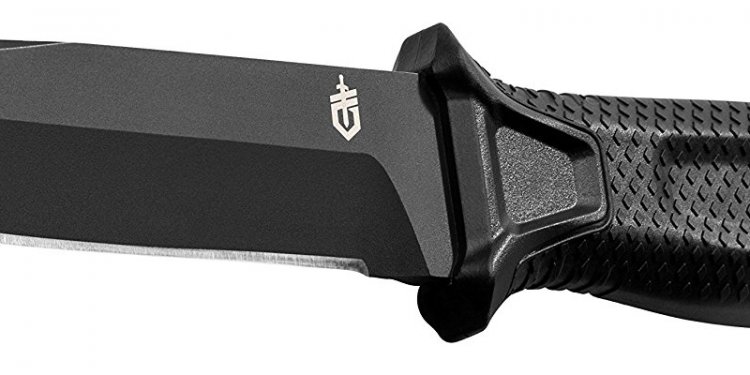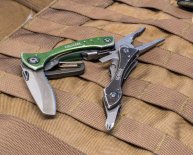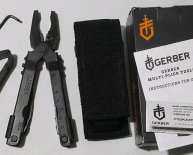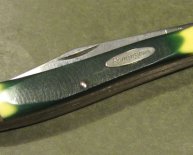
Gerber made in USA
"Gerber baby" is synonymous with "cute, all-American child."
Just one thing: Gerber is part of Nestle (NSRGY), the Swiss conglomerate best known for chocolate.
Few shoppers jockeying for position at the supermarket checkout line care that Nestle is the world's number-one food company in terms of sales, or that the company's empire includes Perrier bottled water, Purina pet food, Nescafe coffee, Nestea, Jenny Craig weight loss products, and all those bottles of strained food with the painfully perfect baby on the Gerber label. Nor should they.
Anyone looking up from the celebrity magazines at the checkout stand and shouting, "Golly, Nestle acquired Gerber Products Co. in 2007 for $5.5 billion, immediately grabbing the largest share of the worldwide baby food market" would be a candidate for an asylum - or Congress.
But here's something to ponder as you decide on paper or plastic bags: Globalization put Gerber in Swiss hands, a move that was good for Nestle as well as babies here and abroad.
Gerber got its start in rural Michigan as the Fremont Canning Co., a packager of peas, beans, and fruit in rural Michigan. Frank Gerber and his father launched the company in 1901. By 1914, the plant ran year-round, and sales climbed to $1 million for the first time.
Growth continued in the 1920s, and in 1927, Dorothy Gerber - wife of Daniel Gerber, who had then taken over the company from his father - had a brilliant idea: mass produce strained baby food. It was logical that a woman would have this insight because the task of cooking, mashing, and preparing solid food for infants typically fell to mothers at this time.
After testing and market research, Gerber sold its first baby food in 1928. The marketing was brilliant: a coupon redemption program pitched to young mothers, and advertising that stressed nutrition and convenience. The price was right, too: six for $1.
Gerber had created a new market. Previously, many pharmacies sold 4.5-ounce jars of baby food produced locally in small batches for about $0.35 each. Gerber offered a comparable product at less than half the price. Sales soared.
The downside for Gerber: Anyone could make similar products, and by the mid-1930s, about 60 competitors offered pressure-cooked, sealed baby food. But Gerber again leapfrogged the competition by distributing booklets on nutrition, parenting, and child psychology. Dorothy Gerber wrote a wildly successful newspaper column titled "Bringing Up Baby, " and millions of mothers reached for the Gerber Baby label.


















